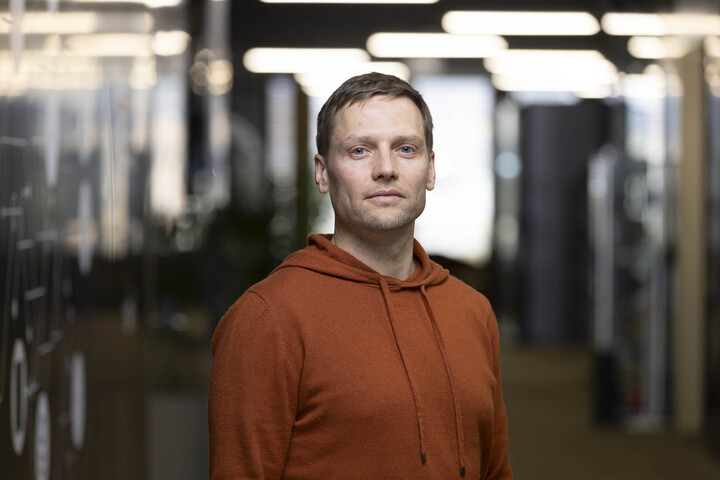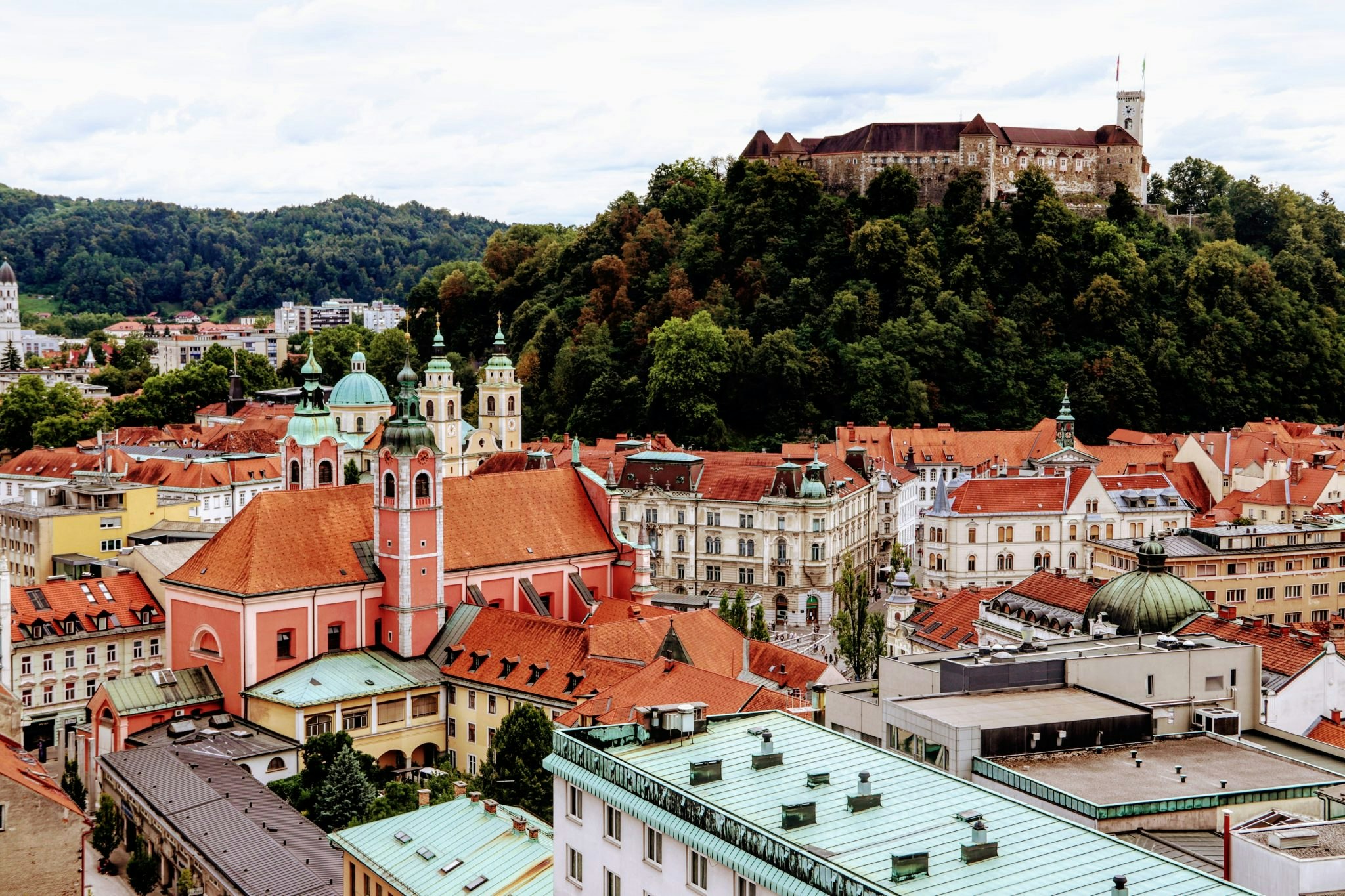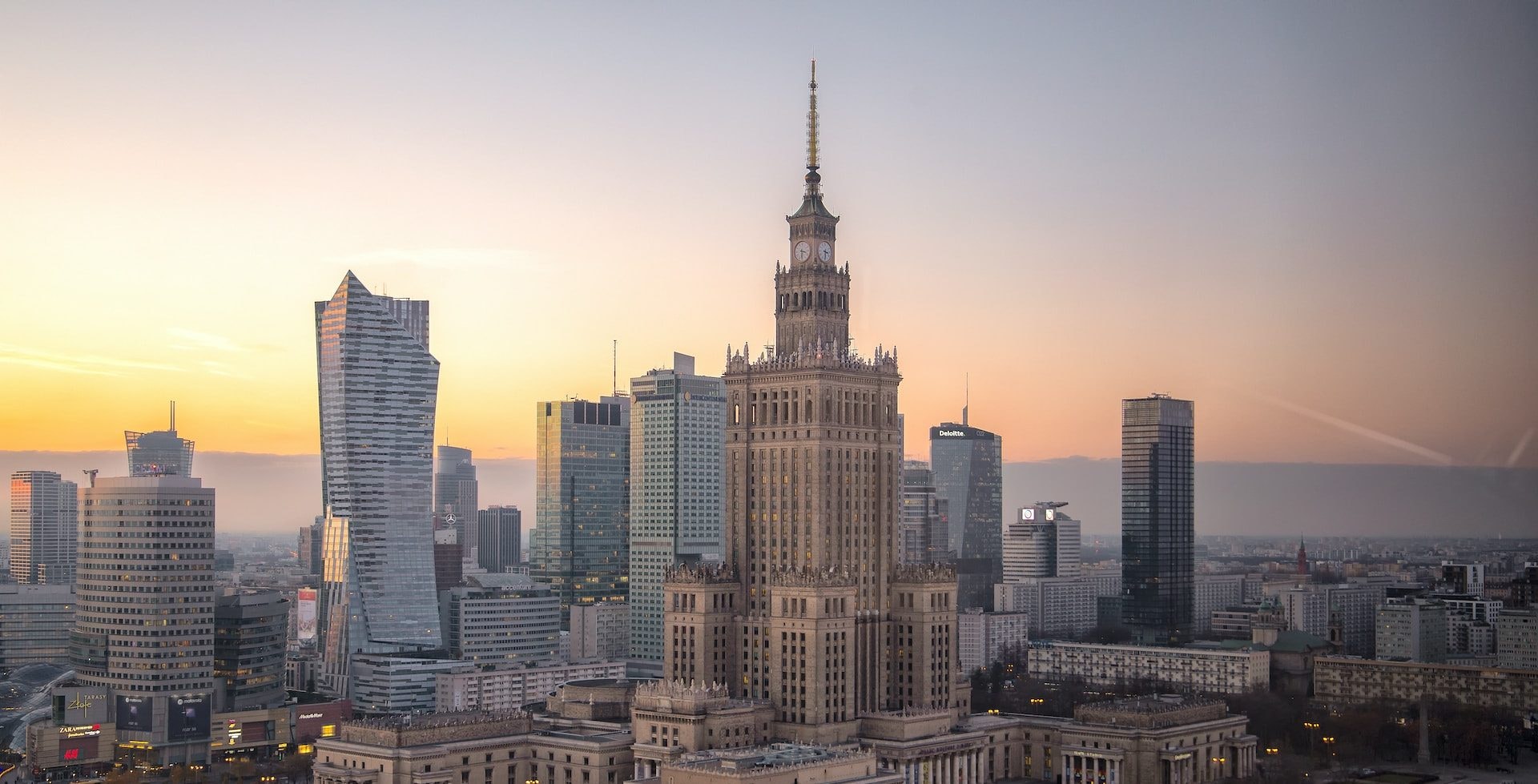European startups are facing an onslaught of issues, from lacking later-stage capital to hiring great talent.
Help is at hand in the form of national startup associations — like France Digitale and the German Startup Association — which lobby on startups’ behalf for key challenges.
But plenty more could be done across Europe, rather than country-by-country, to strengthen the continent’s startup ecosystem, if all their efforts were joined up. The European Startup Network (ESN), a little-known umbrella organisation, has had a reboot and hopes to do just that.
Today, the Brussels-based ESN is officially announcing a new board, president — David Hanf, an entrepreneur, investor and cofounder of the German Startup Association — and CEO — Clark Parsons, managing director of think tank Internet Economy Foundation — ahead of the EU elections in June.
The ESN is also outlining 10 policy priorities it will be working on in the coming years. Those priorities include making it easier for startups to do business in multiple countries without needing to jump through different legal hoops, pan-European tech visas, equivalent stock options programmes across Europe and attracting more money from pension and insurance funds to invest in VCs.
“Action has to come from the bottom, but it can be amplified through the ESN,” Maya Noël, CEO of French startup lobby group and ESN member France Digitale, tells Sifted.
What is the ESN?
You’d be forgiven for not knowing much about the ESN. The network was founded in 2016 and has 38 member associations.
But “with all due respect to the previous board and leadership,” there was “a bit of a disconnect between the well-meaning, well-intentioned efforts focused on Brussels and… getting so close to the European government that ... some [of the members] have even told me straight up, you know, 'The focus was wrong; what was in it for us?'” the ESN’s incoming CEO Parsons tells Sifted.
Now, the ESN is getting “back to the roots” of helping each national organisation by sharing resources and getting behind their lobbying efforts.
Aside from helping startups tap into further sources of funding and hire great talent more easily, the ESN also hopes to encourage the creation of a new type of loan guarantee to get a greater number of banks involved in startup lending. Also on its to-do list is standardising IP and tech transfer to make it easier for researchers to spinout and commercialise their tech, and getting a dedicated startup and scaleup commissioner in the EU.
It also wants the EU to hold fire on introducing any new regulation to give startups a chance to digest the raft of new legislation, including the Digital Markets Act and AI Act — which have been introduced and proposed in the past year respectively.
Agata Hidalgo, public affairs lead at France Digitale, explains the ESN this way: “If I had a founder in front of me right now, I would tell them: 'Look, you're a member of France Digitale; know that we're also part of the European network. And the day you need to open an office or you start doing sales in Denmark, Germany, Croatia, Spain, you name it, we can help you connect to the right people to get your business started there’.”

The most pressing issue for startups
In recent decades, there’s been a heavy focus on regulation in Europe — including the controversial EU AI Act this year — which meant less attention was paid to the practical needs of startups themselves, association leaders argue.
There’s an increasing realisation in Brussels that much more needs to be done to support startups scaling, says Parsons. “For every founder who's wondering, 'How am I going to scale at speed?’ Or, ‘How can I get more access to growth capital?’ Or, ‘Why am I having to leave Europe to raise money for my growth round because all of the bigger funds aren't here?' These are the kinds of issues that we're trying to solve at the European level,” he says.
Access to capital, particularly at later stages, is a key issue for startups.
German Startup Association chairwoman Verena Pausder argues there should be less reliance on public funding programmes (think the European Investment Fund), and more work done to unlock funding from sources like pension funds and insurers. “Prioritising incentives for institutional investors over dependence on state-run vehicles is crucial.”
But it won’t be simple: Parsons notes there’s no “magic wand” to wave to get those parties more involved, and different countries like France and the UK are taking different policy approaches to push more investment.
European sovereignty
The “ten-thousand-dollar question”, as Parsons puts it, is the tension between the sovereignty of each country — à la, “La French tech”— and European sovereignty versus competitors like the US or Asia, particularly as the AI race heats up.
European countries have been vying to have their own local AI champion to take on the US’ OpenAI, with France’s Mistral and Germany’s Aleph Alpha angling for funding and dominance. “It’s great to have a Mistral, but we have to think about the whole value chain,” says Noël, noting that Europe is dependent on the US and China for the chips that power AI.
The upcoming US election — which could see Donald Trump win — “could leave us without access to some pretty critical technology,” like semiconductors, Parsons believes. “It's something that the ESN and the startup associations take seriously — for Europe to try to redevelop its own capacities.”
There needs to be more unity to make Europe into “a leading tech hub, competitive with the US and China,” adds Pausder. “Petty regionalism will not help us in this endeavour.”


